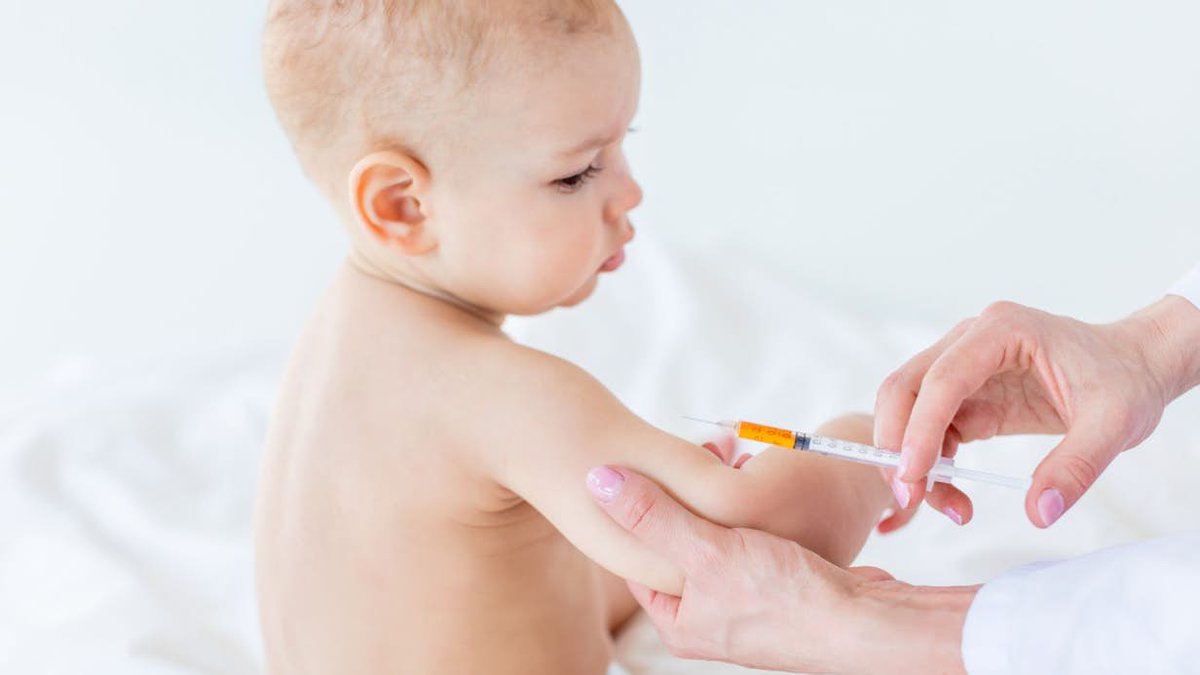
Synopsis: Study uncovers how a pregnant lady's immunization actuated resistances are moved to her posterity by means of the placenta. The discoveries have positive ramifications for the improvement of new, progressively compelling maternal antibodies.
A standout amongst the best mediations in decreasing irresistible ailment around the world, immunization still has restricted viability in ensuring one gathering of patients – babies. Presently an examination based at the Ragon Institute of MGH, MIT and Harvard has decided how a pregnant lady's immunization instigated invulnerability is moved to her youngster, which has suggestions for the advancement of increasingly powerful maternal antibodies. The report will be distributed in the June 27 issue of Cell and is accepting early online discharge.
"Infants touch base into the world on the main day of existence with fresh out of the plastic new invulnerable frameworks that, similar to the kids themselves, need to figure out how to adapt to both accommodating and hurtful organisms in their condition," says Galit Alter, PhD, of the Ragon Institute and the Massachusetts General Hospital (MGH) Department of Medicine, co-senior creator of the Cell paper. "To enable the infant safe framework to figure out how to separate among companion and adversary, moms move antibodies to their babies by means of the placenta. The principles by which the placenta plays out this significant capacity have been obscure at the same time, whenever decoded, could hold the way to creating all the more dominant immunizations to ensure these most valuable patients."

While maternal antibodies against certain infections, for example, measles can be moved from mother to newborn child, giving some security until the youngster is mature enough for individual immunization, antibodies to different genuine maladies like polio are less effectively moved. To explore the components by which antibodies are moved from mother to kid, Alter and her group – including co-senior creator Laura Riley, MD, some time ago with the MGH Department of Obstetrics and Gynecology and now the seat of Obstetrics and Gynecology at Weill Cornell Medicine and NewYork-Presbyterian/Weill Cornell Medical Center – utilized a novel device called framework serology to look at the amount and nature of antibodies against pertussis in blood tests from moms and from the umbilical ropes that convey blood, supplements and invulnerable variables from the placenta to the newborn child.
Their examination uncovered that the placenta specially filters out and conveys to the newborn child antibodies that actuate characteristic executioner (NK) cells, key components of the inborn resistant framework. While a few significant resistant cells are excessively juvenile in babies to give viable insurance, NK cells are among the most bounteous and useful safe cells during the main long periods of life. The group found a comparable inclination for placental exchange of NK-actuating antibodies against flu and respiratory syncytial infection, a typical malady of youth, and furthermore distinguished immune response includes that seem to manage placental choice, includes that could be incorporated with cutting edge immunizations with improved mother-to-youngster counter acting agent move.

Creator:Peopleimages Credit:Getty Images Copyright:PeopleImage
While maternal antibodies against certain sicknesses, for example, measles can be moved from mother to newborn child, giving some insurance until the tyke is mature enough for individual immunization, antibodies to different genuine infections like polio are less productively moved. The picture is in the open area.
Co-senior creator Riley says, "We will presently have the chance to make better maternal immunizations and convey them at the perfect time during pregnancy to maximally secure babies when they are generally defenseless." Riley and Alter will be effectively researching extra parts of maternal: newborn child insusceptibility to make ready for creating improved maternal antibodies.
Modify is an educator of Medicine at Harvard Medical School, and Riley is the Given Foundation Professor of Obstetrics and Gynecology at Weill Cornell Medicine. The lead creator of the Cell paper is Madeleine Jennewein of the Ragon Institute.
Source
Science Daily
NHS
Mass General
“Fc Glycan-Mediated Regulation of Placental Antibody Transfer”. Laura Riley et al.
Cell. doi:10.1016/j.cell.2019.05.044








0 Comments